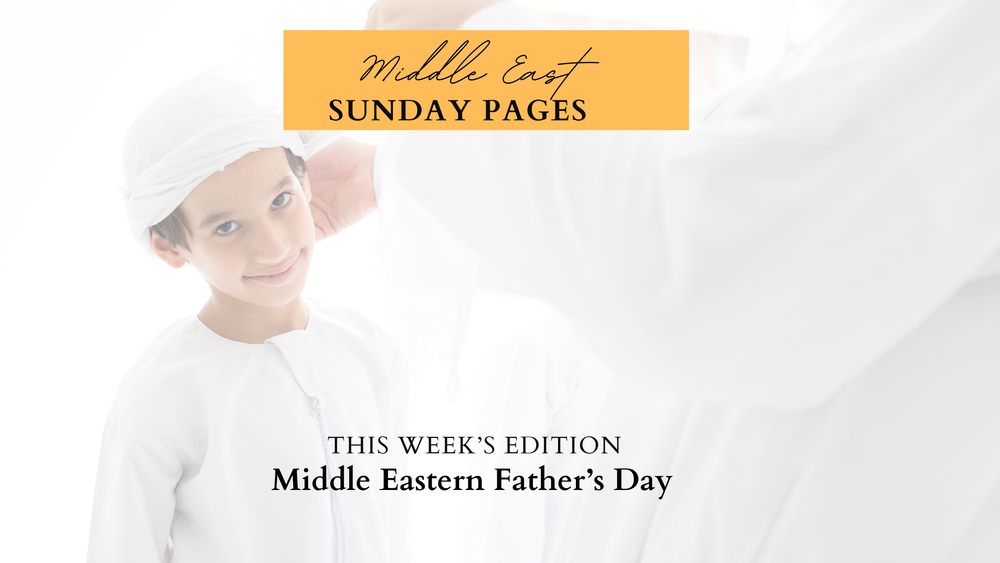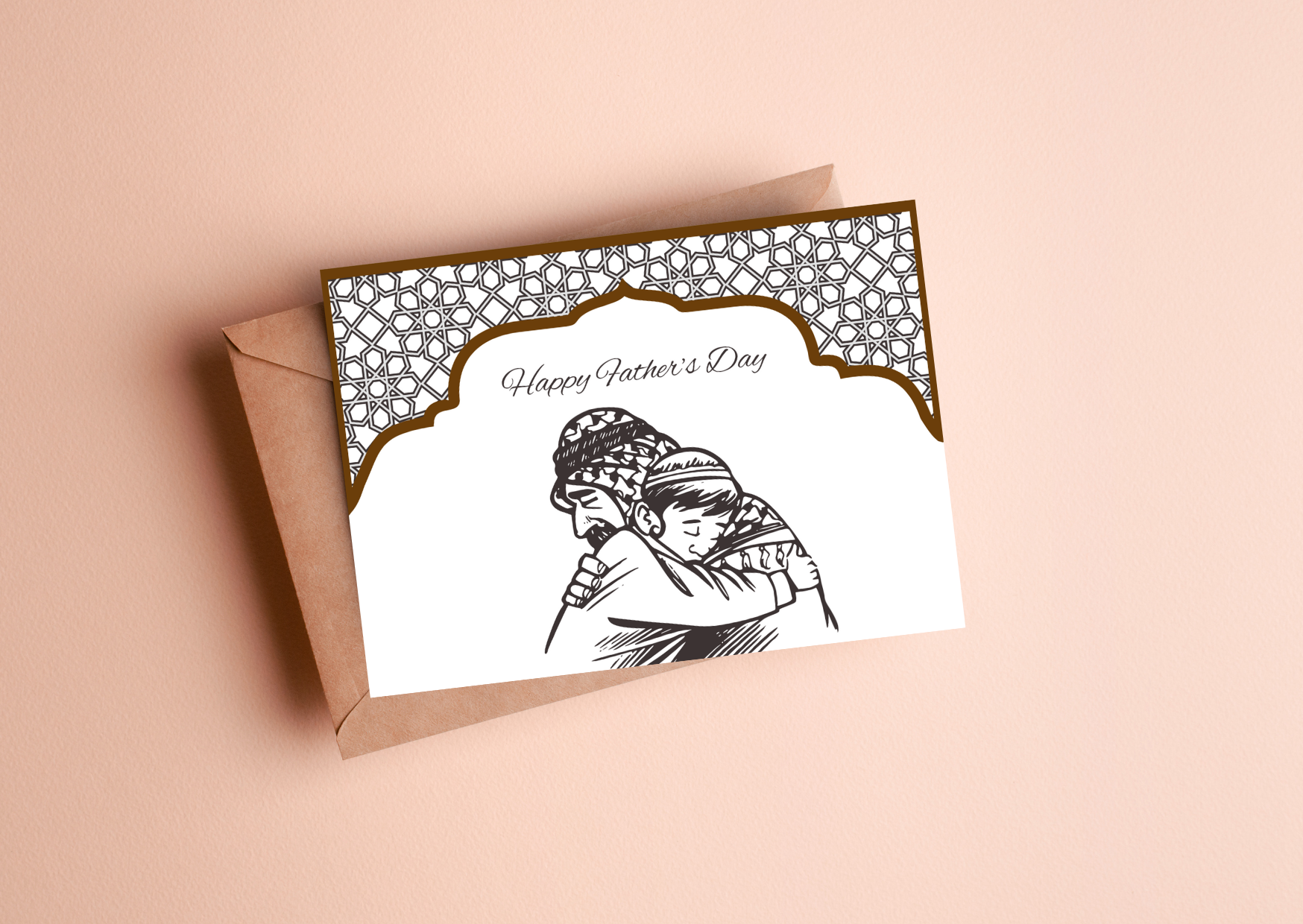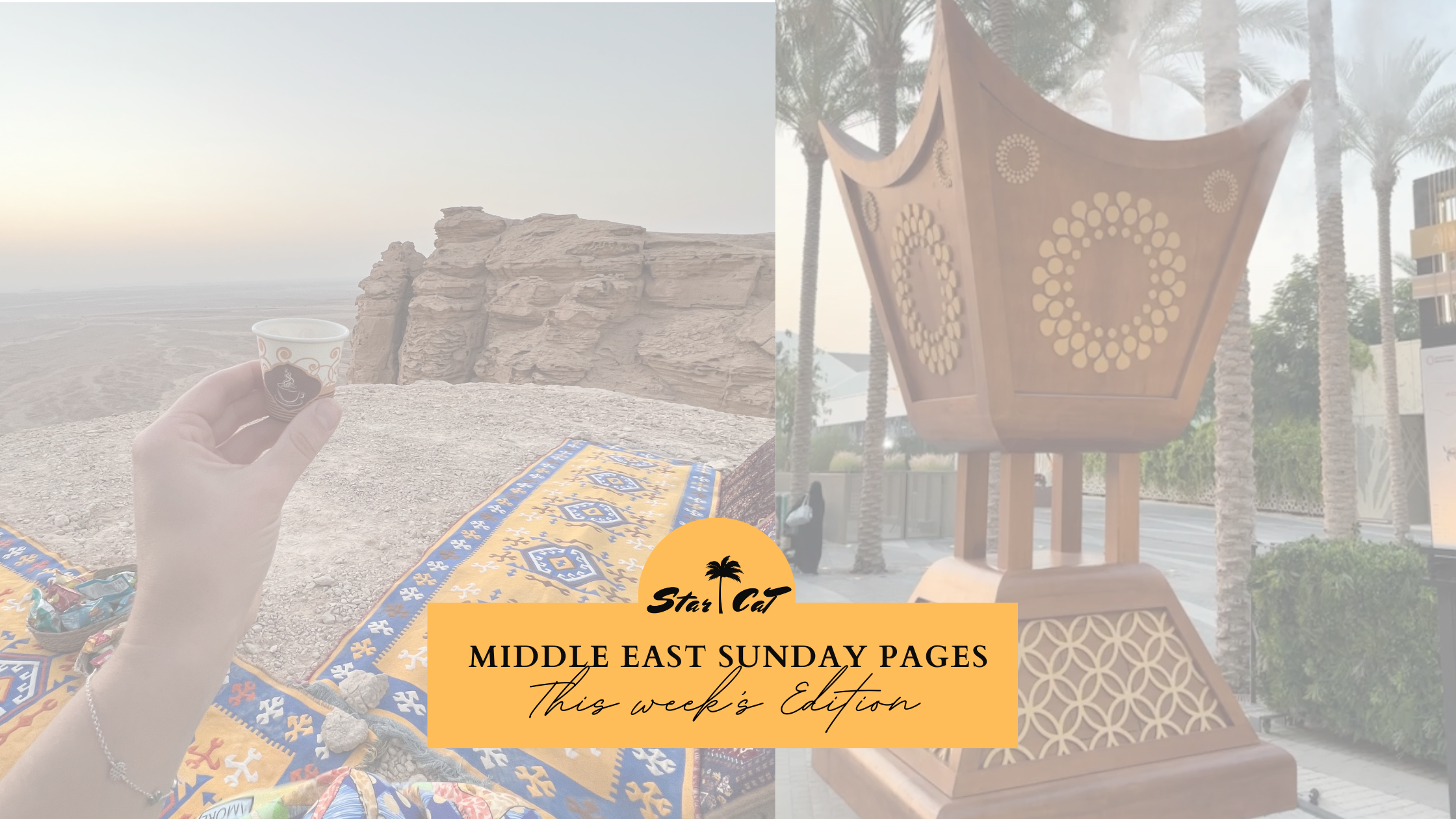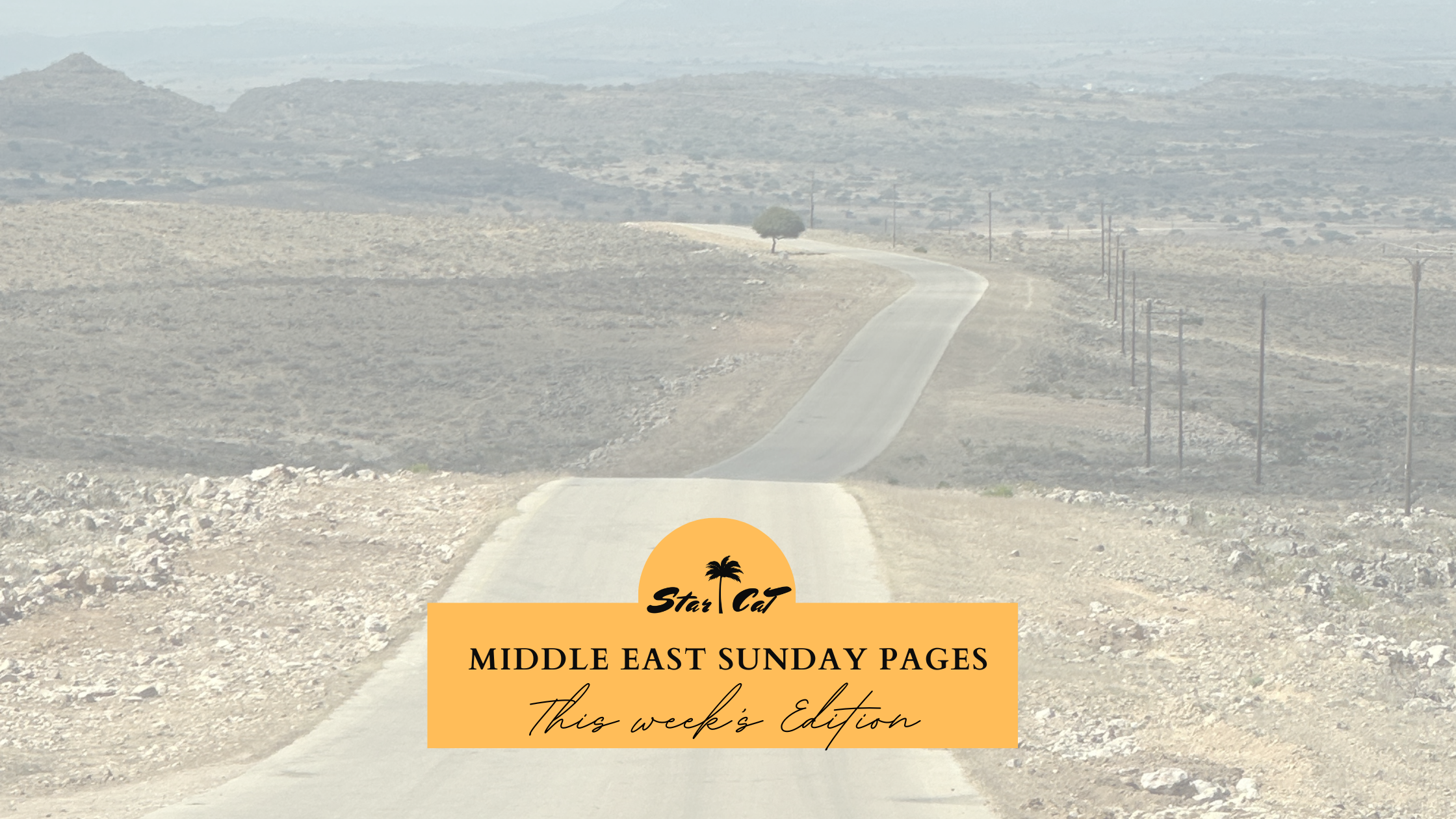
Middle Eastern Father’s Day
In many parts of the world, Father’s Day is a cherished occasion dedicated to honouring the invaluable role that fathers play in our lives. In the Middle Eastern Region, this celebration holds a unique cultural and traditional significance, reflecting the deep-rooted values of familial bonds, respect, and appreciation for the paternal figure. Be mindful if you have any clients, colleagues or business associates as their schedule may change in line with the dates. (To never miss one of the holidays, you can get our Planner here).
The Origins of Father’s Day in the Middle East
While the origins of Father’s Day can be traced back to the early 20th century in the United States, the Middle Eastern region has embraced this tradition with its own distinct historical and cultural context. In many Arab countries, Father’s Day is celebrated on June 21st, coinciding with the summer solstice and the beginning of the summer season.
This date holds significance as it marks a time when families traditionally gather and spend quality time together, strengthening their bonds and creating cherished memories. The warm summer months provide an opportune time for outdoor activities, family outings, and quality bonding moments between fathers and their children.
The Importance of Fatherhood in Middle Eastern Culture
In the Middle Eastern cultural landscape, the role of the father is deeply revered and holds immense importance. Fathers are traditionally viewed as the pillars of the family, providing guidance, protection, and leadership to their children and households. This respect and admiration for fatherhood can be traced back to the region’s rich cultural heritage, which places a strong emphasis on family values, loyalty, and the preservation of traditions.
The concept of fatherhood in the Middle East extends beyond mere biological ties; it encompasses the broader notion of a father figure as a role model, mentor, and source of wisdom. Uncles, grandfathers, and even respected elders within the community often take on the role of paternal figures, offering counsel, support, and guidance to younger generations.
Traditions and Customs
The celebration of Father’s Day in the Middle East is a vibrant and heartfelt affair, with families coming together to honour and express their gratitude toward their fathers and father figures. Traditional customs and rituals vary across different countries and cultures, yet they all share a common thread of love, respect, and appreciation for the paternal role.
In many Arab households, Father’s Day is marked by lavish family gatherings, where children and grandchildren present their fathers with thoughtful gifts, such as traditional Arabic sweets, clothing, or meaningful tokens of affection. These gifts are often accompanied by handwritten cards or letters expressing love, gratitude, and well-wishes for the father’s health and happiness.
Another common tradition is the preparation of a special Father’s Day meal, where the entire family gathers around the table to enjoy a delicious feast prepared by the children or other family members. This shared meal not only nourishes the body but also nourishes the soul, as it provides an opportunity for families to bond, reminisce, and create lasting memories together.
Beyond the confines of the home, Father’s Day celebrations in the Middle East often spill into public spaces, with parks, malls, and community centres hosting various activities and events. These events may include live music performances, storytelling sessions, or even competitions that celebrate and honour the role of fathers in society.

The Enduring Legacy of Fatherhood
In the Middle Eastern Region, the celebration of Father’s Day goes beyond a single day; it is a reflection of the deep-rooted cultural values that emphasise the importance of fatherhood throughout one’s life. From a young age, children are taught to respect and honour their fathers, and this reverence continues into adulthood, as they become fathers themselves.
The enduring legacy of fatherhood is passed down through generations, with fathers instilling in their children the values of responsibility, integrity, and compassion. This generational transfer of knowledge and wisdom ensures that the rich traditions and cultural heritage of the Middle East are preserved and carried forward into the future.
Furthermore, the celebration of Father’s Day serves as a powerful reminder of the universal bonds that transcend cultural and geographic boundaries. Regardless of one’s background or traditions, the love and appreciation for fathers resonates across all societies, uniting people in a shared recognition of the profound impact that fathers have on shaping the lives of their children and the fabric of society as a whole.
In the Middle Eastern Region, Father’s Day is more than just a single day of celebration; it is a deeply ingrained tradition that honours the enduring legacy of fatherhood. This occasion serves as a poignant reminder of the invaluable role that fathers play in shaping lives, imparting wisdom, and preserving cultural heritage.
It is important to honour these dates if you have Muslim clients, friends or colleagues – if you never want to miss any important dates, you can sign up to our Middle East Insights Newsletter were you will receive reminders 2 days prior any important dates and on the day. We offer a variety of greeting cards as part of the 2025 Planner in our Shop.




This Post Has 0 Comments